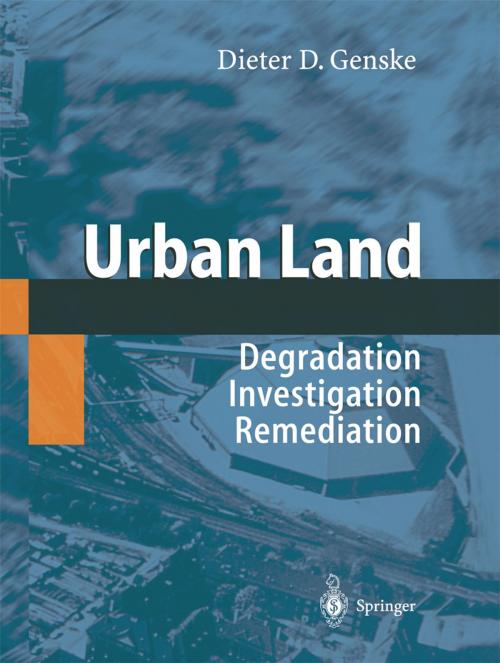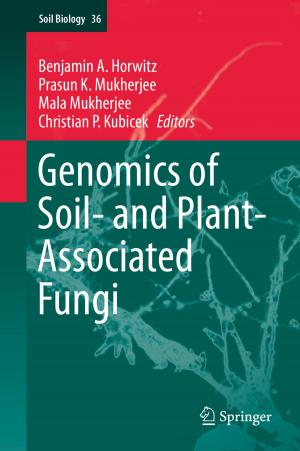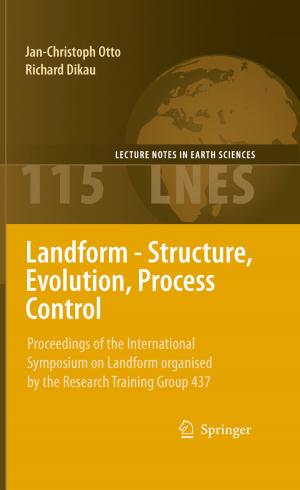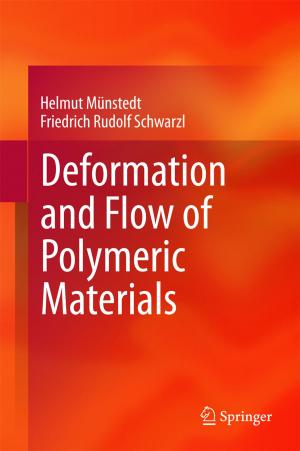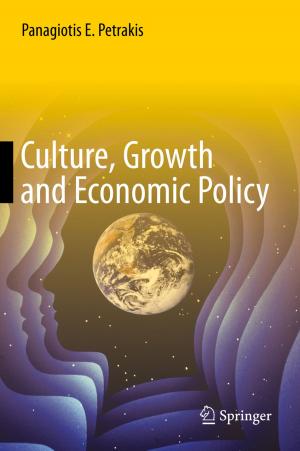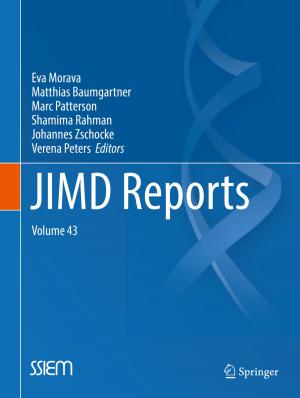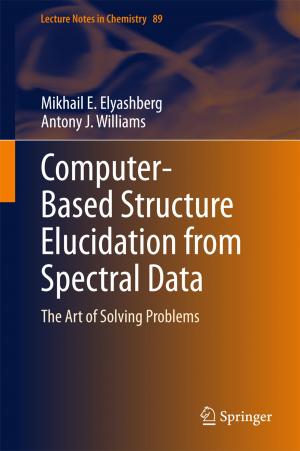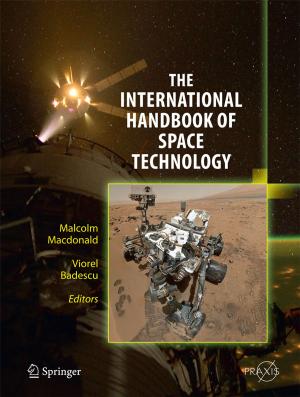Urban Land
Degradation - Investigation - Remediation
Nonfiction, Science & Nature, Technology, Environmental, Science, Biological Sciences, Environmental Science, Nature| Author: | Dieter D. Genske | ISBN: | 9783662053263 |
| Publisher: | Springer Berlin Heidelberg | Publication: | March 14, 2013 |
| Imprint: | Springer | Language: | English |
| Author: | Dieter D. Genske |
| ISBN: | 9783662053263 |
| Publisher: | Springer Berlin Heidelberg |
| Publication: | March 14, 2013 |
| Imprint: | Springer |
| Language: | English |
Urban land is an environmental key topic considering the increasing urbani sation of our world. The amounting pressure on resources especially in the urban environment demand awareness across technical and political sectors and solid concepts for workable solutions. This book will address those people, who are key in coping with the challenges of sustainable urban land use management: Professionals in the growing field of urban land recycling and graduate students from different disciplines including urban planning, environmental sciences and geotechnics. Processes that lead to urban land degradation include the extraction of resources, their transformation into goods, the production of waste and conflicts in the allocation of land. Industrial soil pollution, soil sealing and urban sprawl pose serious challenges to resource management in urban environments. The possible implications are not necessarily restricted to the urban area but do have feedback into the countryside. The reduction of arable land in urban peripheries often causes enhanced pressure on back-country natural ecosystems such as forests, grass- and wetlands. Urban land recycling especially in the developing world is to be seen in the context of poverty alleviation and sustainable development. Ifwe don't get a proper sustainable use of urban land, as well as of water and other natural resources that relate to them, sustainable development will not be reached.
Urban land is an environmental key topic considering the increasing urbani sation of our world. The amounting pressure on resources especially in the urban environment demand awareness across technical and political sectors and solid concepts for workable solutions. This book will address those people, who are key in coping with the challenges of sustainable urban land use management: Professionals in the growing field of urban land recycling and graduate students from different disciplines including urban planning, environmental sciences and geotechnics. Processes that lead to urban land degradation include the extraction of resources, their transformation into goods, the production of waste and conflicts in the allocation of land. Industrial soil pollution, soil sealing and urban sprawl pose serious challenges to resource management in urban environments. The possible implications are not necessarily restricted to the urban area but do have feedback into the countryside. The reduction of arable land in urban peripheries often causes enhanced pressure on back-country natural ecosystems such as forests, grass- and wetlands. Urban land recycling especially in the developing world is to be seen in the context of poverty alleviation and sustainable development. Ifwe don't get a proper sustainable use of urban land, as well as of water and other natural resources that relate to them, sustainable development will not be reached.
